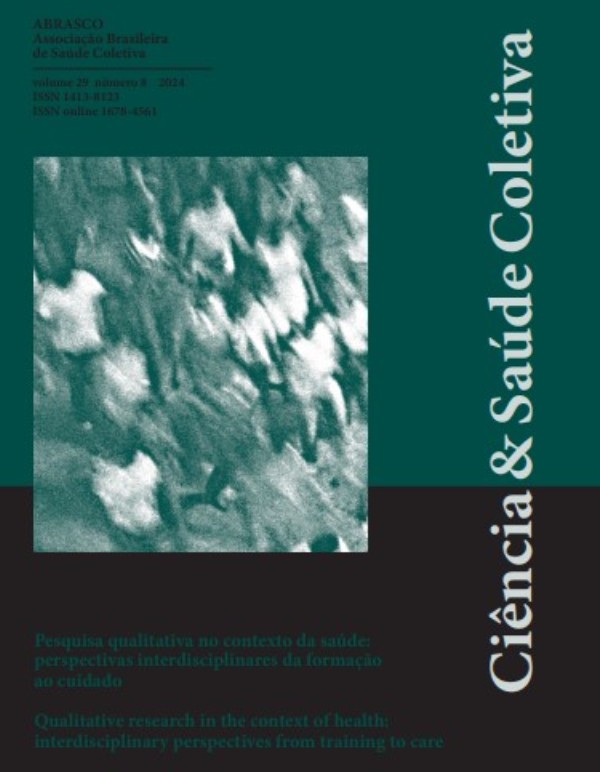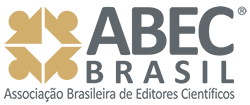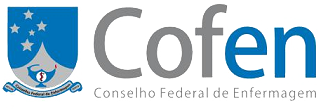0236/2023 - MODERATING EFFECT OF SOCIAL RISK ON THE RELATIONSHIP BETWEEN BIOLOGICAL RISK AND CHILD DEVELOPMENT
EFEITO MODERADOR DO RISCO SOCIAL NA RELAÇÃO ENTRE RISCO BIOLÓGICO E DESENVOLVIMENTO INFANTIL
Autor:
• Janaina Araujo Teixeira Santos - Santos, J.A.T - <janafisiot@gmail.com>ORCID: https://orcid.org/0000-0002-5514-6264
Coautor(es):
• Kênnea Martins Almeida Ayupe - Ayupe, K.M. A - <kennea.almeida@gmail.com>ORCID: https://orcid.org/0000-0002-4410-8748
• Ana Cristina Resende Camargos - Camargos, A.C.R - <anacristinarcamargos@gmail.com>
ORCID: https://orcid.org/0000-0003-2719-4231
• Naguia Leticia Medeiros - Medeiros, N.L - <naguiamedeiros@hotmail.com>
ORCID: https://orcid.org/0000-0001-7139-0286
• Paulo Gutierres Filho - Gutierres Filho, P - <profgutierres@gmail.com>
ORCID: https://orcid.org/0000-0001-7753-0825
Resumo:
Background: Human development is influenced by the interaction between biological and social factors. This study aimed to verify the moderating effect of social risk on the relationship between biological risk and child development.Methods: Data were collected on 201 children, aged 6 to 72 months. The independent variable was measured by the biological risk index, and the moderator variable by the social risk index was assessed by the Denver II test. Linear regression, effect size, and analysis of moderation were used to verify the relationship between BRI and the child development (Denver II), and the moderating effect of the SRI.
Results: BRI was negatively associated with child development, the interaction between the BRI and SRI increased the explained variance in the Denver II result to 14%. The SRI was also a significant moderator of the Language and Gross Motor domains.
Conclusions: This research evidence that social risk moderates the relationship between biological risk and child development, the more social risk factors, the stronger this relationship becomes. On the other hand, it can be said that some social factors favor child development, even in the presence of biological risk factors.
Palavras-chave:
child development, risk factors, biological risk, social risk.Abstract:
Introdução: O desenvolvimento humano é influenciado pela interação entre fatores biológicos e sociais. Este estudo teve como objetivo verificar o efeito moderador do risco social na relação entre risco biológico e desenvolvimento infantil.Métodos: Os dados foram coletados em 201 crianças, com idades entre 6 e 72 meses. A variável independente foi medida pelo índice de risco biológico e a variável moderadora pelo índice de risco social. O desenvolvimento infantil foi avaliado por meio do teste Denver II. Regressão linear, tamanho do efeito e análise de moderação foram utilizados para verificar a relação entre IRB e o desenvolvimento infantil (Denver II), e o efeito moderador do IRS.
Resultados: o IRB associou-se negativamente ao desenvolvimento infantil, a interação entre o IRB e o IRS aumentou a variância explicada no resultado do Denver II para 14%. O IRS também foi um moderador significativo dos domínios Linguagem e Motor Grosso.
Conclusões: Esta pesquisa evidenciou que o risco social é um moderador da relação entre risco biológico e desenvolvimento infantil; quanto mais fatores de risco social, mais forte essa relação se torna. Por outro lado, pode-se dizer que alguns fatores sociais favorecem o desenvolvimento infantil, mesmo na presença de fatores de risco biológicos.













